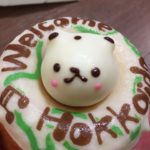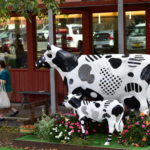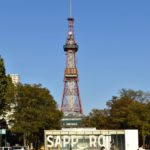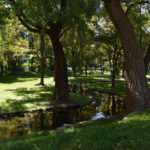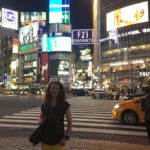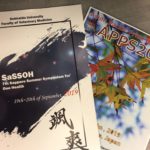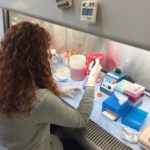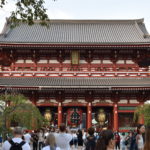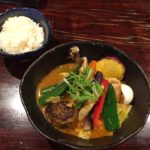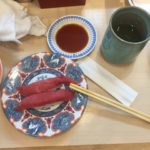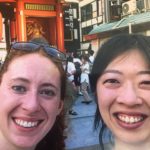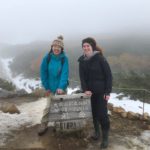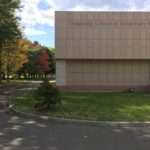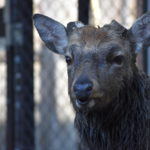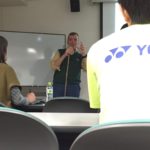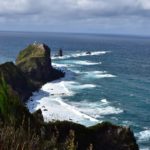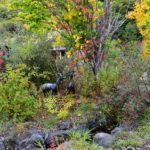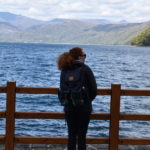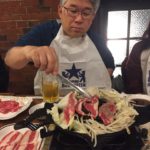Kaitlyn Wagner is a graduate student in Dr. Mark Zabel’s lab in the Department of Microbiology, Immunology, and Pathology at Colorado State University. This fall, she lived and worked in Japan for five weeks as a recipient of an extern scholarship from the Infectious Diseases Research and Response Network.
Wagner will give a seminar about her externship at noon on Tuesday, Nov. 19, in Pathology 103.
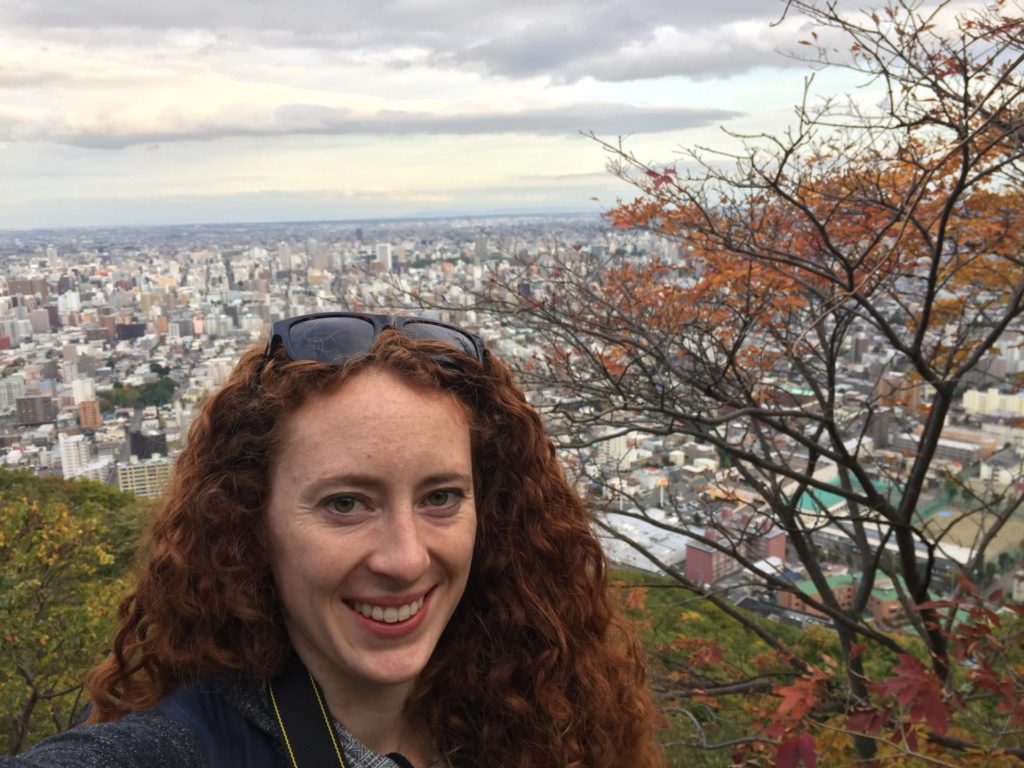
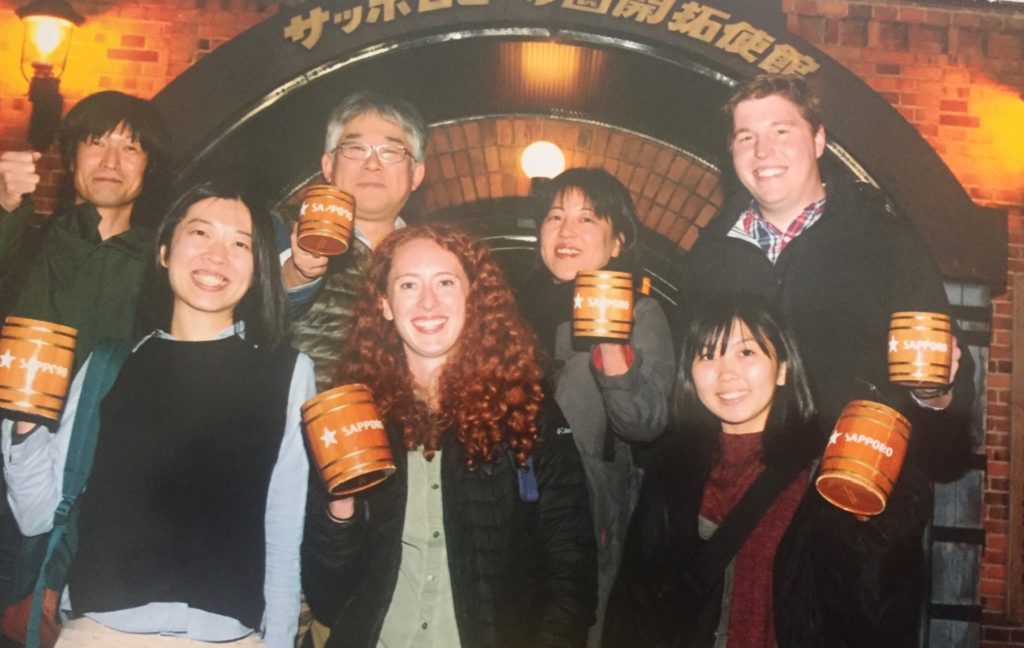
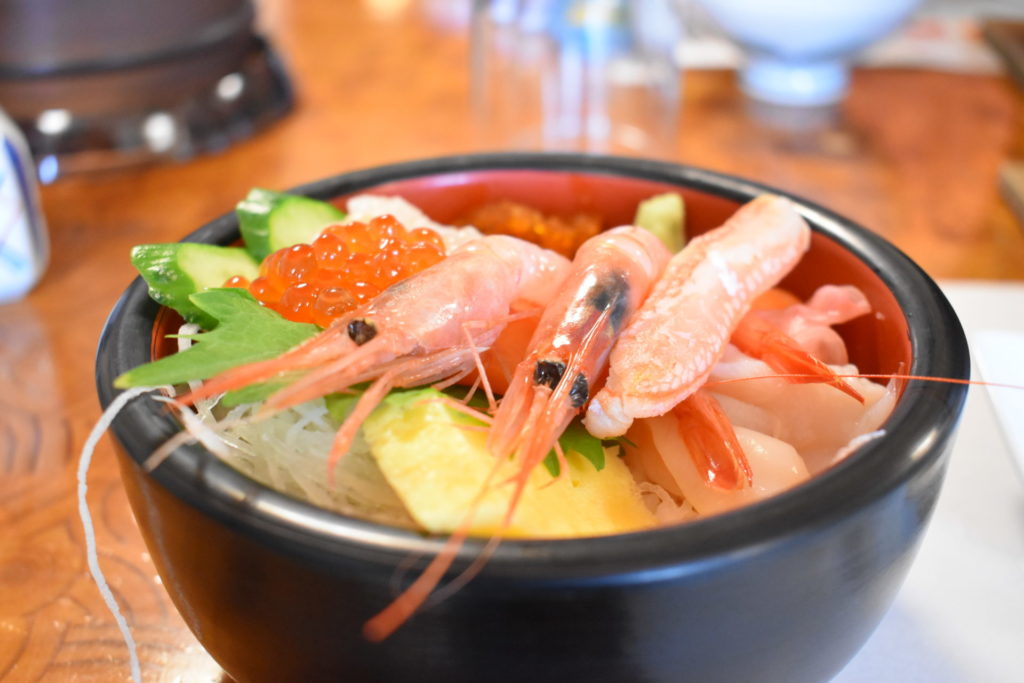
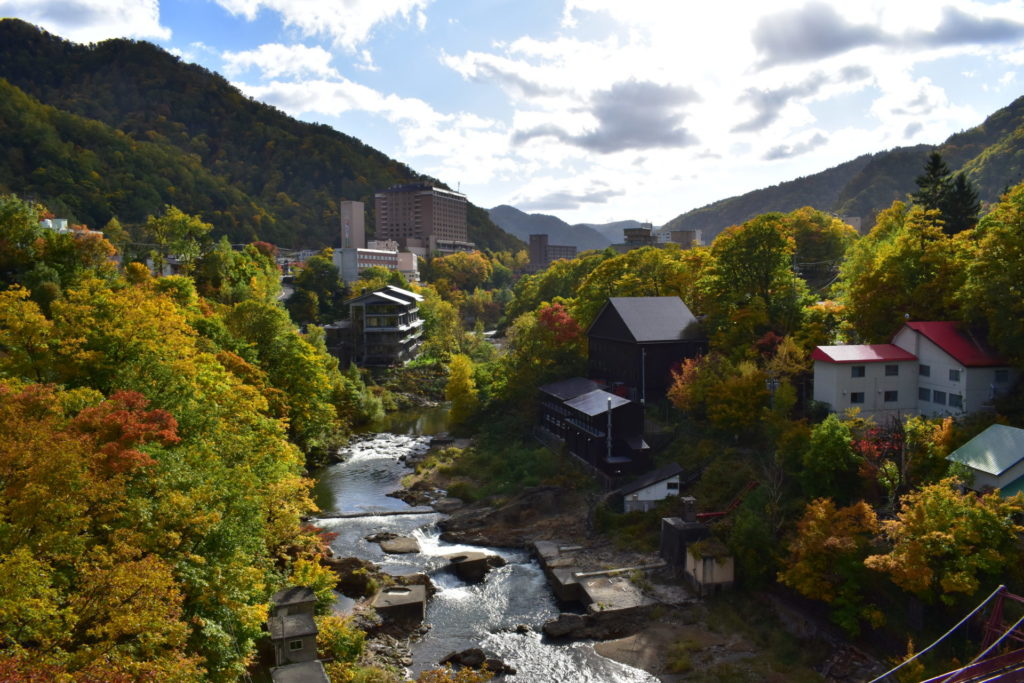
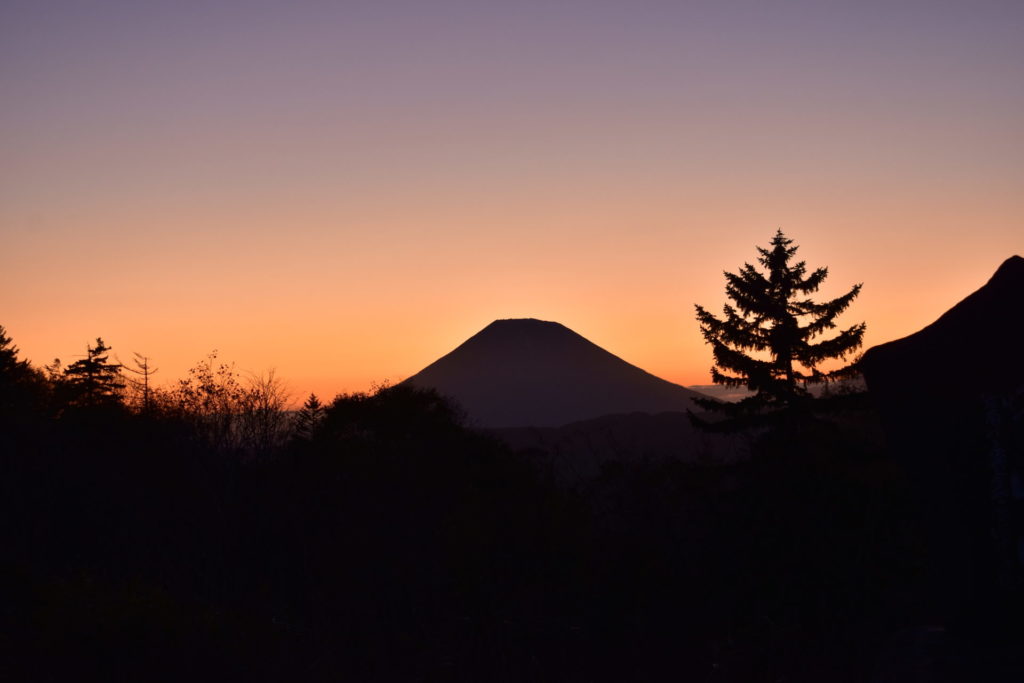
My first day in Japan was a bit stressful. After a missed flight (ack!), I was very glad to see friendly faces waiting to pick me up at the airport and take me to my apartment. I wasn’t able to enter my apartment, but my generous hosts were kind enough to call and take care of the issue for me. This was just one example of the exceptional hospitality I experienced in Japan. I was so exhausted after a long trip and was thankful to just zonk out in my apartment that night. It made adjusting to the time difference much easier, though!
Summer Camp for Scientists
I spent my first week learning about Hokkaido University, connecting with current graduate students, and attending the Sapporo Summer Symposium for One Health. During this international conference, I met Ph.D. students from the Philippines, Zambia, Japan, and other countries. We worked in student focus groups and discussed how we thought we should handle an infectious disease outbreak. This exercise was really informative because I was able to work with students from many different countries and learn their perspective on how they thought best to manage the situation. It was a great opportunity for networking, engaging with other graduate students, and learning about science that I normally wouldn’t hear about at conferences, especially the talks about elephant conservation and spider silk!
I traveled to Japan to work with Dr. Motohiro Horiuchi. Dr. Horiuchi is a veterinarian and the dean of the veterinary school. I thought it was interesting that the veterinary program in Japan is a competitive undergraduate degree that takes six years. After graduation, students can practice veterinary medicine, work for the government, or have the option to apply to graduate school. Students have a maximum of four years to complete graduate school, including classes, research, and publication of a first author paper. A one-year extension may be granted, but if a student is unable to publish that first author paper by the end of the fifth and final year, then there’s no degree awarded. Stressful!!!
Prion Hall of Fame
Dr. Horiuchi is one of only a handful of prion immunologists in the world. I spent most of my time learning about the wide array of prion research projects in his lab, from chronic wasting disease surveillance in Japan to molecular mechanisms of neuronal death in prion disease. Prion diseases are caused by transformation of a normal, host-encoded protein into a misfolded and pathogenic form that causes neuronal death and is invariably fatal to the host. Antibodies typically recognize both the healthy and pathogenic form of the prion protein, so utilizing antibodies to distinguish the normal, healthy form (PrPC) from the misfolded form (PrPSc) has been a major challenge.
An antibody was generated in Dr. Horiuchi’s lab that can recognize PrPSc specifically. I learned how to use this monoclonal antibody, mAb132, to specifically detect PrPSc in flow cytometry as well as staining cells and how to analyze them by confocal microscopy. In addition to learning how to utilize mAb132 for PrPSc – specific detection, I was able to use the same type of confocal microscope that I have been using for my dissertation work and was able to spend hours practicing and using the microscope with microscopy-experts. I will use these skills to finish my research on chronic wasting disease transmission and strain differences, as well as interactions between the immune system and prions.
Hokkaido University has close partnerships with Colorado State University, Zambia, and Mongolia. It was really interesting to learn about all the international collaborations and meet people from all over the world. Many of the graduate students I met had completed research in Zambia and I enjoyed learning about their experience. I also traveled to Tokyo with Dr. Horiuchi’s lab for the Asian Pacific Prion Symposium, a two-day conference about prions and other neurodegenerative diseases. I networked with many prominent scientists in the prion field that I otherwise would not have met. I’m hopeful that these discussions may lead to productive collaborations with CSU or perhaps will open up an opportunity for a post-doc position (hey, a grad student can dream).
Exchange Besties
Living in Japan was amazing. The people were so kind, courteous, and generous. If you ask directions, they will go out of their way to make sure you know where you’re going. I always felt safe, even walking alone late at night. They were some of the most hardworking and wonderful people I’ve ever met. This was my first time in a country where I couldn’t speak the language. Everyone in the lab could speak English so there were no issues with communication at work, but it was a challenge to navigate daily life in a city where I couldn’t read street signs or follow directions for instant noodles. Fortunately, I became close friends and travel buddies with Misaki Tanaka. Misaki is one of Dr. Horiuchi’s graduate students and she was hosted last year by CSU’s Prion Research Center.
Misaki and I took a day trip to Daisetsuzan National Park to hike around Mount Asahi, the highest mountain in Hokkaido. We saw wildflowers covered in snow and volcanic steam coming out of the ground. Japan actually has over 100 active volcanoes! It was a very foggy day, so we weren’t able to see the mountain until the last possible moment as we were traveling back to Sapporo. We made a quick stop on the side of the road to snap pictures of the mountain peeking out of the background. A fantastic day with a new friend!
On my final night in Japan, Dr. Horiuchi and his students took me out to the Sapporo Beer Garden for a going-away party. We enjoyed Jingisukan (“Genghis Khan”), a traditional Hokkaido dish where thin cuts of lamb are grilled at the table and eaten right off the grill. I had the greatest time learning in the lab, working with new collaborators, and developing lifelong friendships. It was a fantastic life experience and I can’t wait to return!
